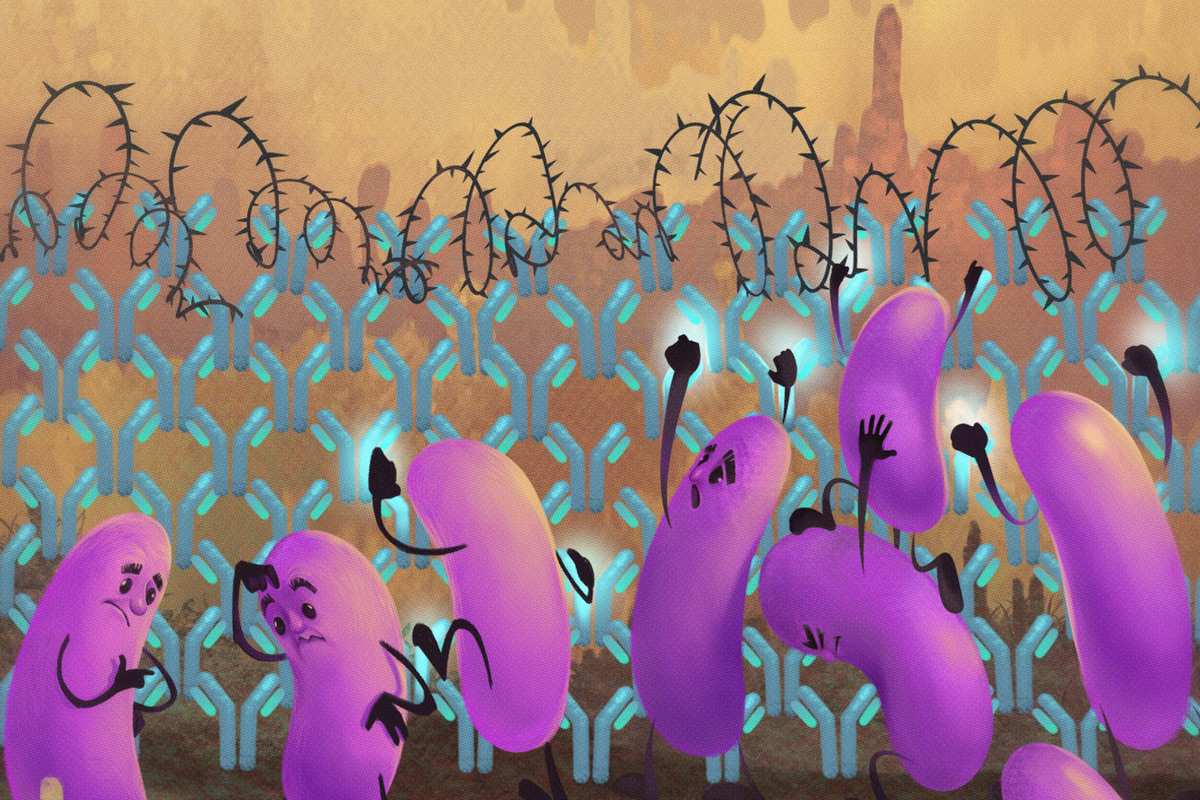Naturally occurring antibodies may hold the answer to designing a vaccine for malaria
Summary:
A global research team uncovered new insights into how antibodies could be used to design a potential vaccine targeting malaria transmission between humans and mosquitos.
In a novel study examining transmission-preventing malaria antibodies acquired during natural infection, an international research team including researchers at The Hospital for Sick Children (SickKids) has made an important step towards the conception of interventions, including a vaccine, that may prevent the transmission of malaria.
Malaria is a complex disease caused by parasites, most commonly Plasmodium falciparum, and spread by mosquitos, causing fever and flu-like symptoms. The disease is global, but predominantly found in sub-Saharan Africa with a 70 per cent mortality rate in children under five years old.

While young children have the highest mortality rates, adolescents and young people can play a large role in the spread of malaria, often acting as a reservoir for the transmission of the parasite throughout a community.
“When you think about malaria elimination and eradication targets, you need a multi-pronged approach that will reduce transmission, minimize infection rates and decrease the severity of the disease,” says Dr. Jean-Philippe Julien, Senior Scientist in the Molecular Medicine program at SickKids. “This work is an important step towards understanding how parasite transmission can be stopped by immunity."
Building a fence of antibodies
In two related studies published back-to-back today in Immunity, the research team led by Julien at SickKids and Drs. Teun Bousema and Matthijs Jore at Radboud University Medical Center reported the discovery, efficacy and molecular details of antibodies from two individuals whose immune systems had evolved to prevent the transmission of malaria-causing parasites.
Antibodies are proteins that bind to specific molecules on parasites and other disease-causing microorganisms to neutralize them during an immune response in our bodies. The present studies found that when bound to specific sites on two target molecules called Pfs48/45 and Pfs230, at least 80 per cent of malaria transmission was blocked.
Using expertise at SickKids and instruments at the Structural and Biophysical Core Facility, Julien and his team identified which sites the antibodies need to bind in order to be most effective, as determined using mosquito and parasite tests employed by the teams at RUMC.
“These antibodies are essentially building a wall of protection for the community, preventing the parasite from developing inside the next mosquito that bites you,” says Julien, who holds a Canada Research Chair in Structural Immunology. “We want to use the information derived from this research to help inform the design of the most effective vaccines against malaria transmission.”

Molecular research contributing to global effort to combat malaria
At SickKids, effort is already under way to engineer these molecules for use in a potential multi-component vaccine that aims to both block transmission and decrease new infections, but this is not an isolated research endeavour. The team at the Julien Lab collaborates with researchers from a variety of institutions and organizations around the world.
“This is a massive global effort,” says Julien. “From the people involved in the field and clinical settings to the agencies who come together to fundraise to the researchers who have made this a priority, international teams are combining forces to combat malaria.”
This study was funded by the Canadian Institutes of Health Research (CIHR), the Canada Foundation for Innovation, the Ontario Research Fund and PATH. The Bill & Melinda Gates Foundation provided funding to AbCellera Biologics Inc. for the discovery of the monoclonal antibodies under investigation in this study.

